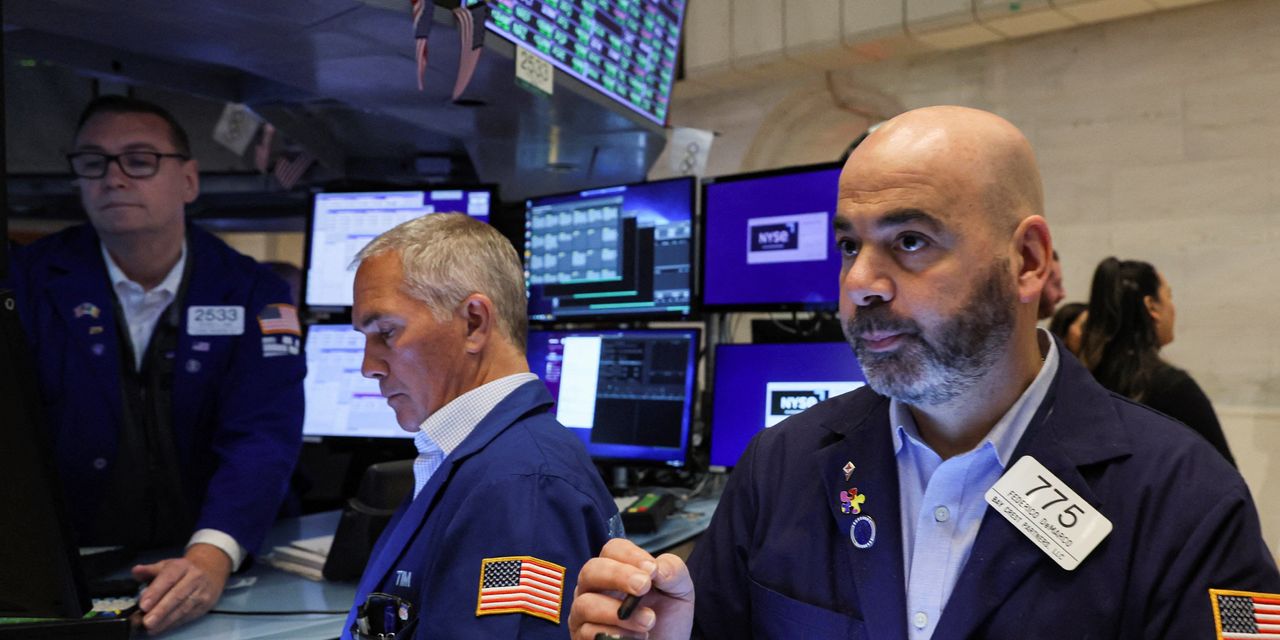Tether, the world’s largest stablecoin, briefly broke from its $1 peg Thursday, a sign that pressure is building on the one segment of crypto billed for its lack of volatility.
So-called stablecoins get their moniker from their peg with government-issued currencies like the US dollar. Their popularity has surged over the last two years alongside a boom in cryptocurrency trading and they now act as the grease that moves the gears of the cryptocurrency ecosystem.
Traders prefer to buy coins such as bitcoin, ether and dogecoin using digital assets that are pegged to the dollar because when they buy or sell, the price is only moving on one side. They also allow for fast trading without the settlement times associated with government-issued currencies, which can take days.
Confidence in stablecoins has been shaken after TerraUSD broke from its dollar peg. Its spiral began last weekend, following a wave of selling of the token, and intensified this week to trade as low as 23 cents Wednesday. It rebounded slightly to 59 cents at around 10 am Thursday.
TerraUSD relied on financial engineering tied to its sister cryptocurrency Luna to keep its value fixed. While tether is backed by cash and short-term US government securities, some hedge funds have increased their bets that it would also deviate from its peg in recent days.
Tether fell as low as 96 cents around 3:15 am ET before rebounding to 99.5 cents at around 10 am, according to CoinDesk data.
Regulators have in the past scrutinized the stablecoin, which parent company Tether Holdings Ltd. says is backed by reserves of cash or other financial instruments, as being too opaque.
It took a yearslong investigation by New York’s attorney general, and an eventual $18.5 million settlement of accusations that Tether misled clients, for Tether to reveal what it holds in only broad terms each quarter through its accounting firm. In addition to Tether’s cash-like holdings, it also has short-term IOUs known as commercial paper.
Tether hasn’t disclosed which companies holdings of commercial paper came from, leading to some investor concern about the quality and stability of those firms. Tether has previously said that it has consciously reduced its commercial-paper holdings since its settlement with New York’s attorney general.
